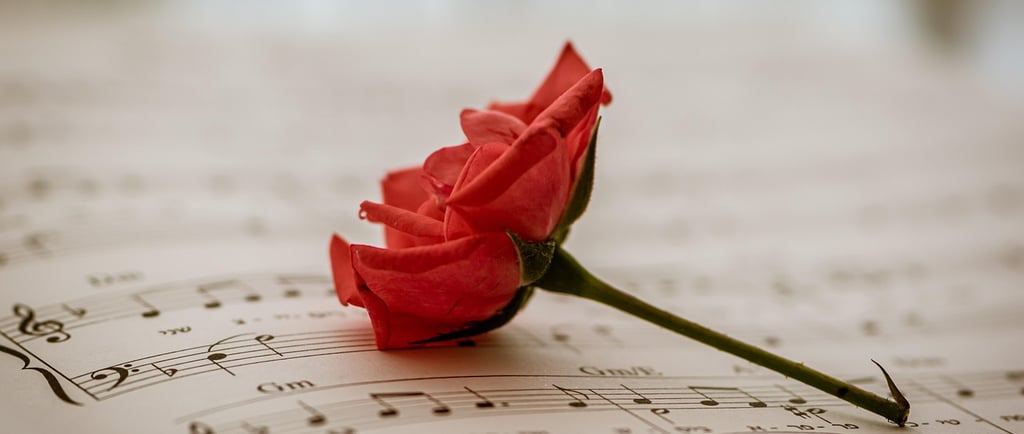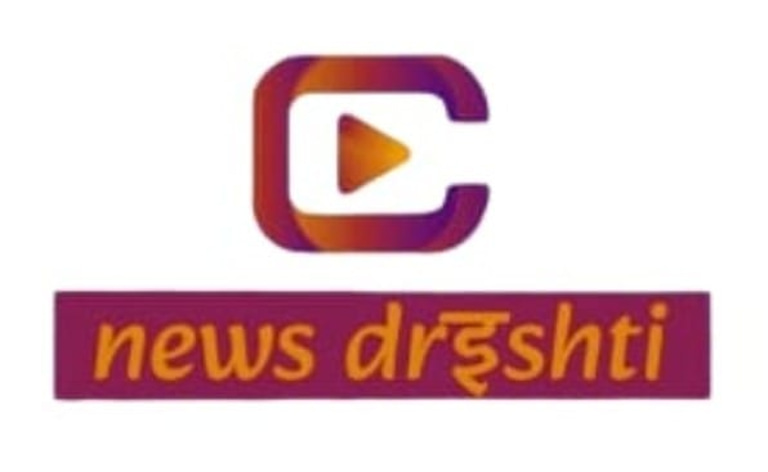Who Owns an AI-Generated Song? The Music World Faces a New Identity Crisis
As AI begins composing chart-worthy songs, musicians and techies face a burning question: Who owns the music-human hands or machine minds?
TECHNOLOGY


Not too long ago, writing a song meant picking up a guitar, sitting at a piano, or humming into a voice recorder late at night. But in 2025, all it takes is a few typed prompts. AI music generators like Suno and Udio have opened a floodgate-now anyone with internet access can create tracks that sound like they belong on Spotify’s Top 50. At first glance, it feels like magic. But behind the convenience lies a deeply personal and complicated question: Who actually owns this music? If a song is written by a machine trained on someone else’s melodies, is it still art? Or is it just clever code?
That question isn’t just philosophical-it’s legal, emotional, and real for thousands of musicians. In the past year alone, AI-generated songs mimicking the voices of megastars like Drake and Taylor Swift have gone viral, sometimes fooling even die-hard fans. Record labels have pushed back hard, arguing that these tools are trained on copyrighted content without consent, calling it modern-day plagiarism. Developers claim their tech simply learns patterns, not actual songs. The U.S. Copyright Office ruled that if a human didn’t truly create the work, it can’t be copyrighted-but what about when a human guides the AI? It’s a legal gray zone that keeps growing murkier. As Dr. Alina Menon, an AI ethics researcher at MIT Media Lab and Berklee College of Music, puts it:
“The law was never built for a world where code can compose. We need a copyright framework that honors human creativity without stifling innovation.”
For many indie musicians, this technology is both a blessing and a heartbreak. On one hand, AI tools give them access to production they could never afford before. It lets young creators express ideas instantly, even if they’ve never played an instrument. But it also brings fear-will original artists be drowned out by a sea of automated tracks? Will emotion and storytelling still matter when algorithms can mimic them so well? As the music world stares down this new era, one thing is clear: we’re not just debating laws or ownership-we are wrestling with the soul of music itself. Is it human experience that makes a song powerful, or just how catchy the chorus is? The answer will shape not only our playlists but the future of creativity itself.
